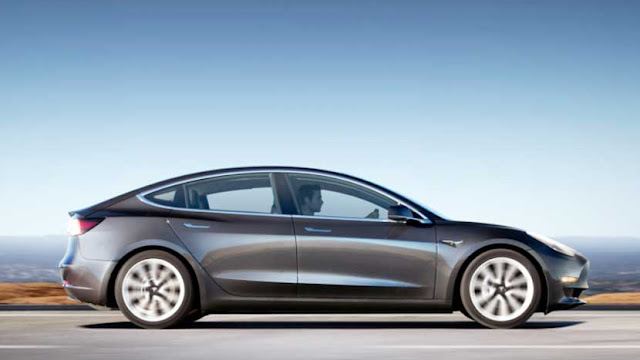Sales of electric vehicles are skyrocketing in Europe, dominated by Tesla and Renault manufacturers.
The current context is favorable to the development of electric vehicles, whereas more and more polluted cities like Amsterdam or Madrid put in place restrictions on the use of certain thermal vehicles (notably diesel).
Electric vehicles up
Within the European Union, from January to the end of September 2019, around 200,000 100% electric vehicles were sold. For the third quarter only, the approximately 73,000 distributions show a definite increase, compared to 32,000 in 2018.Sales of new electric vehicles and hybrid cars jumped 51.8%, reaching a number of 110 630. It is the battery electric vehicles that are the most important representatives, according to the figures of the European Association of Automobile Manufacturers (ACEA).
Some countries stand out in terms of sales of electric vehicles: Norway remains in the first place, with 50,000 registrations, followed by Germany and its 48,000 units. Germany is enjoying strong growth with its € 60 billion plan to develop autonomous electric vehicles.
We can also see the birth of some markets, as is the case of Australia, which had until then only a few thousand units. Finally, the arrival of Tesla Model 3 in Europe is not unrelated to the increase in sales of electric vehicles, with 26,254 copies sold. This is much more than the Renault ZOE and its 10,449 units.
The diesel in perdition
The explosion of the electric car market in Europe is directly related to the simultaneous decline in diesel sales. More and more countries, like the Netherlands and Spain, are putting restrictions on diesel vehicles. This notably led to a reduction in registrations of this type of gear by 14% in the last quarter. Today, their market share is only 30%.The Old Continent has therefore experienced a significant increase in the total number of motor vehicle registrations for the third quarter of 2019. However, the decrease in demand for diesel vehicles has another side: Petrol cars are up slightly by 6.1% compared to last year. This increase concerns all countries of the European Union, except Spain (-2.8%).
Sources: ACEA, TheDriven.io.






0 Comments